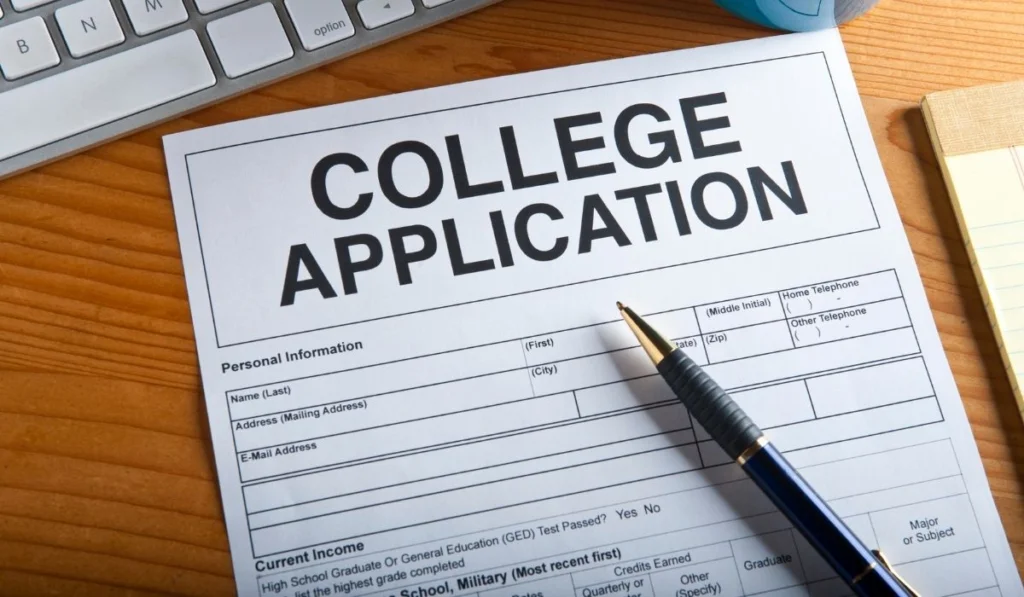If you’re working through long hours of work without taking any breaks, take a break. This is much more likely cause you to burn out rather than improve your grades. Science has proven that taking breaks strategically during your study sessions can improve concentration, retention also the ability to think clearly.
If you’re looking for getting better results, it’s the time to think about your approach to studying.
Let’s take a look at why getting away from your books could be the best option for your brain.
Your Brain Isn’t a Machine
Brains absorb information in a series of cycles. After approximately 45 to 60 minutes intense concentration the signs of fatigue start to kick in and performance declines. Whatever your motivation are, your mental capacity is slowed down when you work too high to a prolonged period.
This is the reason the reason why scheduled breaks during studying sessions aren’t just for lazy people and are essential to maximising your learning.
What Happens When You Study Without Breaks?
- Motivation and focus are reduced.
- Stress and anxiety levels increase
- Memory loss
- More risk of burning out
Does this sound familiar? It’s not just detrimental to your academic performance, but it could impact your academic performance over the long term as well as your mental health.
The Science Behind Smarter Studying
Research from Harvard and Stanford reveal that stopping for breaks during lessons can help consolidate your knowledge, improves creativity and improves your attention span. The trick? It should be planned.
Use the Pomodoro method Study for 25 minutes and break for five minutes. Each cycle you should take a longer 15 to 20 minutes break. Simple. Effective. Science-backed.
What Should You Do During Study Breaks?
- Do a quick stroll or stretch
- Take a sip of water or take a small snack
- Try deep breaths or meditate
- Chat with someone, or participate in something non-academic task
The objective is to get your brain back to its original state and not deplete it by a screen or other distraction.
Studying at Home? Breaks Are Even More Important
When you’re studying online or with Online tutoring offered within UK UK It’s easy to feel “on” all the time. However, structured breaks can keep you focused, particularly during long sessions.
The tutors who know this will incorporate an active approach to learning. They incorporate frequent pauses and even memory refreshers which are tailored to your specific needs. It’s not only about the content you’re learning however, but also how your brain retains it.
How to Use Breaks to Improve Retention
- Breaks before fatigue kicks in but not even after
- Utilize breaks and get your body moving and not only check your phone.
- Recall briefly the information you have just learned
- Set a timer, so that your break doesn’t get sluggish
This balance helps your brain recuperate and restart so that your next session much more efficient.
Taking Breaks Is Your Advantage
You’re not lazy to take breaks. You’re smart. High-performing professionals in every field from coders to athletes — perform in sprints that are focused and with deliberate downtime. You should, too.
Are you looking for a plan of study that is suited to your needs and preferences? Explore our resources on USA Time Magazine or consider individualized solutions through on-line tutoring services from the UK where breaks are a part of the formula for success.
Frequently asked questions:
What length should a break for study be?
A short break (5-10 mins) between 25-30 minutes studying are perfect. More extended breaks (15-30 minutes) are ideal after two hours of concentrated study.
Which of these should I stay clear of during breaks from studying?
Beware of activities that distract you such as scrolling TikTok or binge watching TV or making lengthy phone conversations. Make sure to be calm and controlled.
Does taking breaks actually increase memory?
Yes. Breaks aid your brain in coding and storing information, enhancing long-term memory and decreasing overstimulation.
Is it acceptable to rest during a break from studying?
A brief nap (20-30 minutes) will improve brain functioning. Be careful not to sleep for too long or close to the time of bed.




